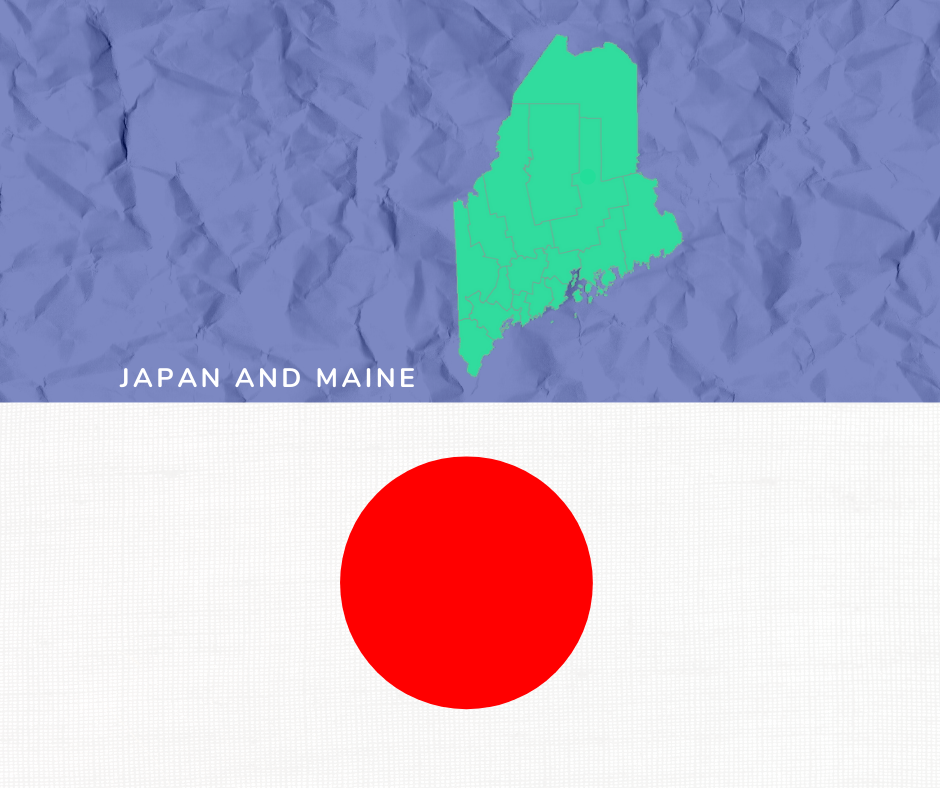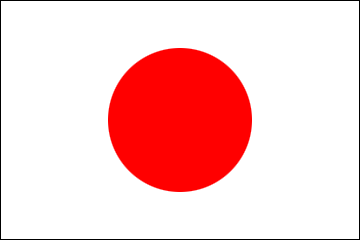Bilateral Relations
Japan and Maine

Prior to the 1980s, there was very little in the way of a Japan-Maine relationship. There were no sister city ties, almost no Japanese investment in the state, few students from Maine studying in Japan and vice versa, very limited commerce, and limited Japan-related course offerings at the state's colleges, universities, and public schools.
In the 1980s, however, there was relatively rapid growth in most aspects of the relationship — economic, governmental, educational, and cultural. A sister city arrangement was established between Portland and Shinagawa Ward in Tokyo; several wholly owned Japanese businesses moved into the state; college students began traveling back and forth; and exports of seafood and raw materials, such as lumber, wood, and wood products, to Japan rose significantly. As a result, the state government began to show an enhanced interest in ties with Japan and several colleges and universities, led by Bates, Bowdoin, and Colby, added courses on Japan to their curricula.
Although the status quo has been maintained, there have been no major developments in Japan-Maine ties during the 1990s, possibly as a result of the economic uncertainties that have afflicted both areas. Today, the main player in building immediate face-to-face relations between Japan and Maine is the Japan-America Society of Maine.
Acknowledgement: The above is based largely on "The Survey Reports on Japan-Related Activities in the U.S.," Vol. I. The Japan Foundation, 1993, pp. 345-362.
